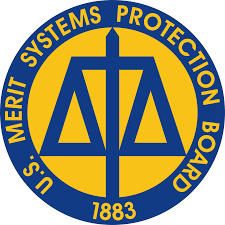
Typically, the next step in the MSPB process is that you will receive an Acknowledgment Order from the Administrative Judge assigned to your case. This Order is also transmitted to the Agency (your former or current employer whose actions are the focus of your appeal) and requires the agency to submit a statement as to its reason for taking the personnel action (or challenged decision), together with the agency record (the documents regarding the action). If there are questions regarding: (1) timeliness of the appeal, or (2) whether the action/decision of the Agency is within the Board’s jurisdiction, the Acknowledgment Order will likely require you to submit evidence/argument regarding same. Your Judge may also raise these issues later in the appeal process.
Once you receive the Acknowledgement Order you will have the limited right to commence certain discovery by interrogatories (questions), document requests and requests for admission of facts or law by the Agency. You are also allowed to depose Agency witnesses. Your Judge will also issue notices/orders as to any additional pleadings that must be filed. Filing these papers can be performed by personal delivery, mail, fax, or online at the Board’s e-Appeal web site. Ordinarily, your judge will conduct one or more status/prehearing conferences to identify and/or narrow the appeal issues. Following the Hearing (or Decision based on the written record), your judge will issue an initial Decision, identifying all material issues of fact and law, summarizing the evidence, resolving issues of credibility, and including his /her legal conclusions and legal reasoning.
For further questions regarding handling your MSPB appeal, contact Michael Freeland.
Contact Freeland Law APC for a consultation with Michael Freeland, experienced employment lawyer serving San Diego, California.
The information you obtain at this site is not, nor is it intended to be, legal advice. You should consult an attorney for advice regarding your individual situation. We invite you to contact us and welcome your calls, letters and electronic mail. Contacting us does not create an attorney-client relationship. Please do not send any confidential information to us until such time as an attorney-client relationship has been established.

